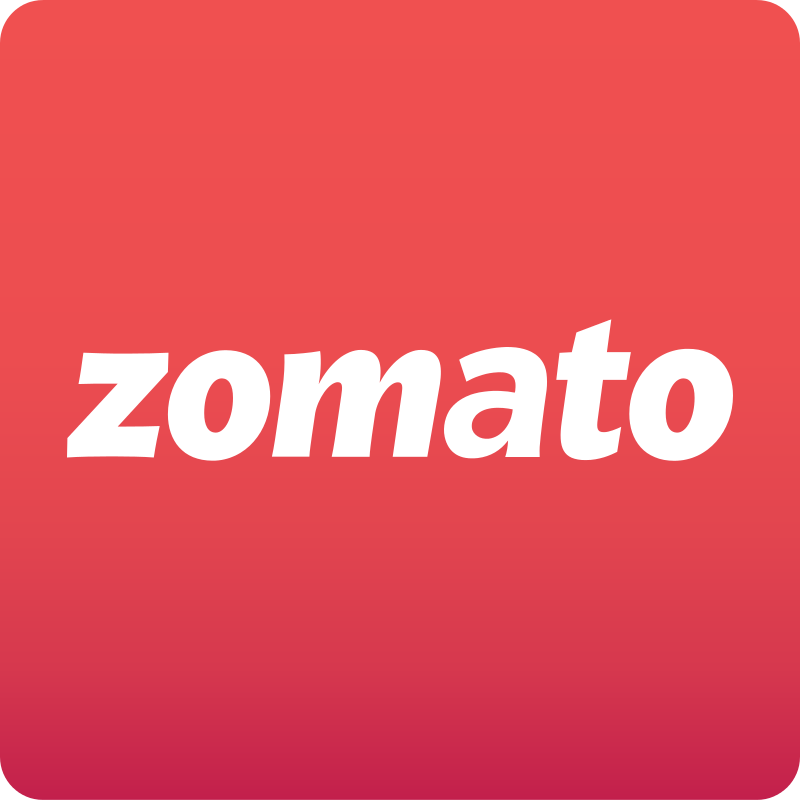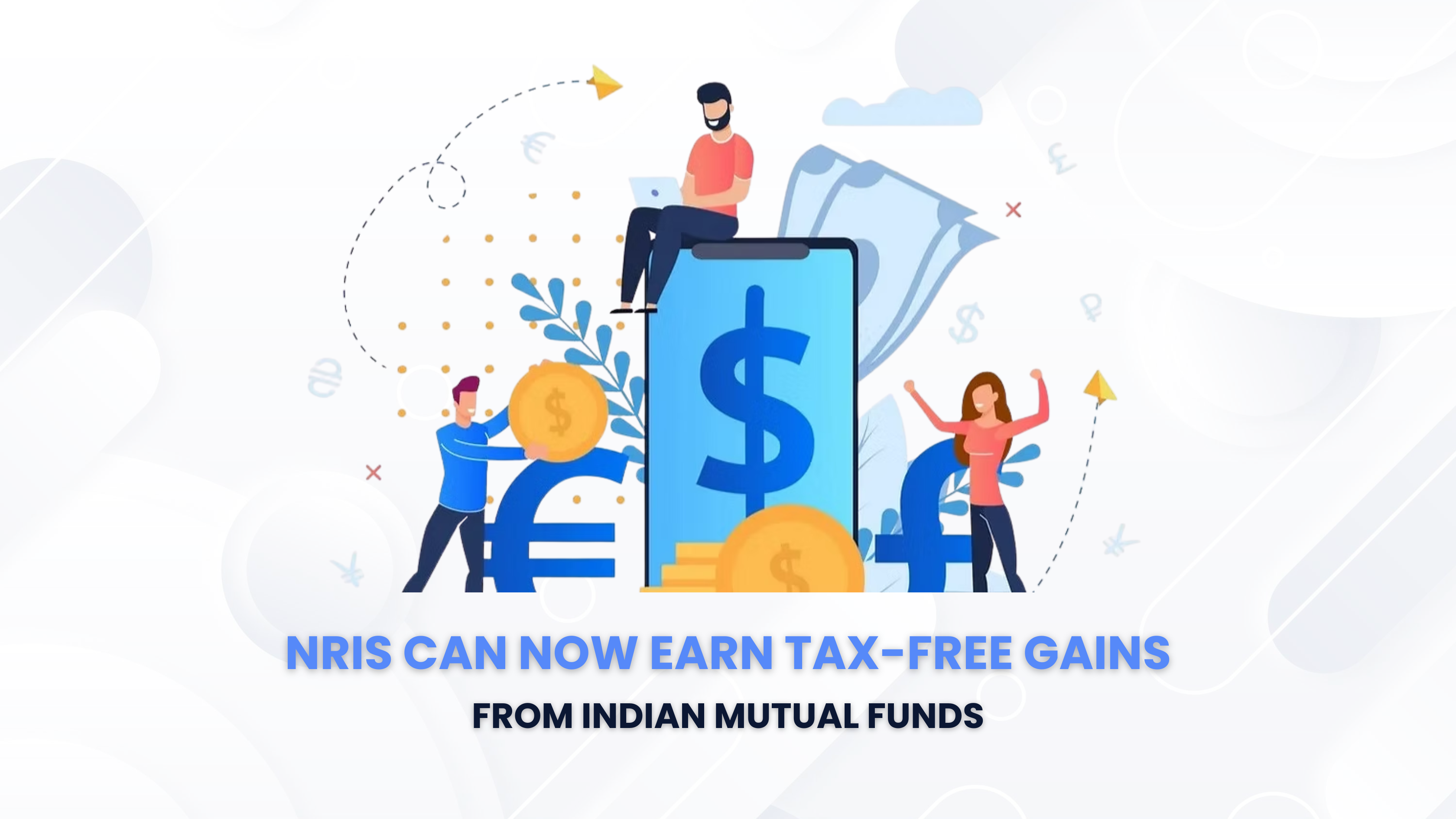Zomato is a food-tech startup which provides services like searching of restaurants, exploring menus, booking a table, food delivery at doors and checking the online delivery status.

Introduction
Not only useful for restaurants without their own online presence but for restaurants wanting to expand their customer base, Zomato has been able to create its own space in the Indian food industry. Zomato was started by Mr. Deepinder Goyal and Mr. Pankaj Chaddah in Delhi in 2008. The platform in the beginning provided for only scanned menus but in next few years they started providing various other services. Now they have presence in 10,000+ cities in 24 countries. They have 1.4 million active restaurants and 70 million active users at the FY 19 end.
Milestones
2008: Mr. Deepinder Goyal and Mr. Pankaj Chaddah, two IIT Delhi alumnus, launched a startup “Foodiebay” for searching restaurants and menus. The idea struck Deepinder when his colleagues consistently had a demand for paper menu leaflets of different restaurants, to order food. That’s when he thought of converting these restaurant paper menus into a digital app, that is far more accessible and easier to use. At the end of the year they became the largest restaurants directory in Delhi.
2010: The Company was renamed as Zomato because of a conflict with e-commerce marketplace eBay Inc. over use of the word ebay in its name. In this year they got their seed funding from Info Edge.
2011: Other big cities like Hyderabad, Pune, Bengaluru, Ahmedabad and Chennai were added. Zomato mobile app was launched this year for Android users to look for nearby restaurants based on their location and to let them look at menu cards, contact details, reviews and addresses.
2012: After being successful in India, Zomato went international with UAE. By September 2012 Zomato had entered UAE, Qatar, UK, Sri Lanka, Philippines and South Africa.
2013: The Company entered New Zealand, Indonesia, Turkey and Brazil. The platform was launched in local languages to make it easier for people of different regions. Rocky and Mayur (Highway on my Plate fame) were made the brand ambassadors of Zomato.
2014: Zomato launched services in Portugal, Canada, Lebanon and Ireland. In July 2014, Zomato made its first acquisition by buying “Menu-mania” for an undisclosed sum. The company pursued other acquisitions such as lunchtime.cz and obedovat.sk for a combined US$3.25 million. In September 2014, Zomato acquired Poland-based restaurant search service Gastronauci for an undisclosed sum. Three months later, it acquired Italian restaurant search service Cibando. Zomato acquired four companies globally within a span of three months. The strategy was to have the company with a ready market. Deepinder Goyal stated in an interview that the company prefers to acquire and partner with a dominant local player rather than competing with them and each of the acquisition helped Zomato get a strong foot hold in the multilingual European market.
2015: ‘Urbanspoon’ – Seattle based food portal was acquired for estimated amount of $60M by Zomato. Other acquisitions in this year were ‘Mekanist’( Turkish online search engine for finding food, beverages, popular restaurants, cafes, and bars), ‘Maplegraph’ (the Delhi based startup that built MaplePOS) and US’s ‘Nextable’ (US-based table reservation and restaurant management platform). It became a Uni-corn Startup.
2016: Zomato acquired ‘Sparse Lab’ ( logistics technology startup). In September 2015, Zomato executed the last-mile delivery business with Zomato Order by enabling restaurants across India to deliver food to a customer’s home. Post this move, Zomator planned to launch across throughout India.
Zomato valuation was slashed by half — to $500 million in May 2016 by HSBC Securities and Capital Markets (India) Pvt. Ltd. because of Advertising and heavy business model. The analysts’ view was not upheld by Info Edge and declared that the company was in great shape and near to break even.
2017: Zomato acquired ‘Runnr’, a startup for ordering food and home delivery to significantly shore up its food delivery business, amid intense competition from rapidly-growing rivals such as Swiggy.
In May 2017, Zomato suffered a security breach with over 17 million user records stolen from the food-tech company’s database. The stolen information had email addresses and hashed passwords of customers but no payment information or credit card data was stolen.
In November 2017, Zomato Gold” programme—a paid subscription-based service—was launched in India.
2018: Bengaluru based food startup ‘Tonguestun’ was acquired for $18M by Zomato. Also Zomato acquired Lucknow based startup ‘Techeagle’ that works exclusively on Drones. Zomato is planning to deliver the food by Drones in future. They again achieved the Uni-corn Startup tag.
2019: More than 500 small to medium-sized restaurants filed an online petition to the Competition Commission of India (CCI) and the Prime Minister’s Office(PMO), alleging that online food delivery companies such as Swiggy, Zomato, Uber Eats and FoodPanda were misusing their dominant market position. The consortium of restaurants cited that the use of deep discounting, in-house kitchens and internal sourcing of orders were wiping out small restaurants.
In July 2019,Not-for-profit organistion ‘Feeding India’ which is a food donation startup was acquired by Zomato with an aim to provide food to atleast 100 million people every month. With this acquisition, Zomato will fund the entire salaries of the team and some core initiatives.
About the Zomato founders
- Deepinder Goyal: Deepinder is the co-founder and CEO of Zomato. He also oversees the strategy and product development. He is graduated from IIT, Delhi in Mathematics and Computer with Integrated MBA in year 2005. After graduation he joined Bain and Company in New Delhi and worked here as Senior Associate Consultant till November 2009.
- Pankaj Chaddah: Pankaj was the co-founder and COO of Zomato. In March 2018 he took exit from the company by saying that he will start something new. His stake in the company at that time was 3.11%. He holds a B.Tech degree in Mechanical Engineering from IIT, Delhi in year 2007. He worked in Bain and Company for 2 years and 5 months.
Business Model
4 years ago Zomato’s entire revenue was from the Advertising. But now Zomato also earns revenue from food delivery and Zomato Gold subscription. The commission from restaurants and food delivery charges comes under food delivery revenue. Zomato Gold is a dine out and social drinking membership program in which the user can get 1+1 dish or 2+2 drinks at any of Zomato gold partner restaurants in India. The 1 dish or 2 drinks are given to the customer free. Zomato’s revenue generation in future will be from Dining Out and Sustainability. Sustainability includes project ‘Hyperpure’. It was launched in Aug 2018 for providing fresh food ingredients to the restaurants. In February 2018 they had built a 30000 sq. ft. warehouse of 4000 metric ton capacity to cater the needs of 2500 restaurants in Bengaluru. Later 40000 sq. ft. warehouse was launched in Delhi in March 2019. Its contribution in revenue is 1-2% in FY19.
Fundings and valuation
Zomato has raised total $756.3 million amount till March 2019.
July 2010: Zomato received seed funding from ‘Info Edge’ which is the parent company of many statups like Naukri.com, PolicyBazaar and 99acres.com. Seed funding was of $1M.
Aug 2011: In series A round of funding ‘Info Edge’ invested $3.5M in Zomato.
Aug 2012: ‘Info Edge’ further invested $2.3M for expansion in other countries in series B funding round.
Feb 2013: ‘Info Edge’ invested this time an amount of $10M of series C funding round. This amount was utilized for international and national expansion.
Nov 2013: ‘Info Edge’ along with new investor ‘Sequoia capital’ invested $37M in D series of funding.
Nov 2014: Zomato completed another round of funding of US$60 million at a post-money valuation of ~US$660 million. This round of funding was being led jointly by Info Edge India and Vy Capital, with participation from Sequoia Capital. It was E round of funding.
April 2015: Zomato in a fresh round (F round)raised $50M from the main investor “Info Edge” for acquisition and expansion.
Sept 2015: Existing investor ‘Vy capital’ and new investor ‘Temasek’ (Singapore government’s investment company) invested $60M. With this the valuation of Zomato reached around $1 Billion and it joined the unicorn club. It was G round of funding.
April 2017: Existing investors ‘Sequoia capital’, ‘Vy capital’, ‘Info Edge’ and ‘Neeraj Arora’, an individual investor invested $20M.
Feb 2018: Zomato’s newest investor “Ant Financial” secured the right to become the largest shareholder in Zomato, replacing Info Edge, as the Chinese payments giant aggressively wanted to expand its presence in India. ‘Ant financial’ Group invested $200M. The company’s valuation reached $1.1Bn. It was Zomato’s I round of funding.
Nov 2018: Ant Financial pumped in another $210M. As a result, Info Edge’s ownership in Zomato fell from 30.91% to 27.68%. It raised Zomato’s valuation to around $2 billion.
Feb 2019: Zomato raised approx $39.74 million in funding from a US investor Glade Brook Capital Partners as part of its Series I financing round which was started with Ant Financial in 2018.
March 2019: Zomato raised $62.5 million in a fresh round of funding led by Naspers-backed German food-tech major Delivery Hero. Also participating in the round were Chinese investors Shunwei Capital and Saturn Shine.
Financial Performance
Zomato’s revenue in FY19 is $206M which is more than three times of $68M in FY18. Their total cost in FY19 is $500M and it increased by more than six times of $80M of FY18. So loss in FY19 is $294M and in FY18 was $12M. Zomato is currently present in 500 cities of India. Zomato is receiving more than 1 million orders per day. New user registrations are 5 million and mobile app installations are 11 million. Zomato has loss of 25 per delivery and which declined from 44 per delivery in FY18.

Competitors
Zomato was the earlier starter in this business, so it has the first mover advantage. But with the coming of new entrants like Swiggy, Foodpanda and Uber-Eats there is now stiff competition in this market.
Swiggy is the main competitor of Zomato. They are currently the No.1 food deliverers in India. Swiggy and Zomato are in direct competition with each other for the No.1 position.
Foodpanda is now in the hands of Ola. It competed in delivery business with Zomato in early 2018 by the deep discounting strategy. Foodpanda is now focusing on cloud kitchen and in talks with Dunzo and Zomato to relist its cloud kitchen brands.
Uber-Eats which is backed by Uber gained momentum in this market last year.
Plans ahead
Two new projects are in focus for Zomato: “Cloud kitchen” and “Hypercure”
Under “Cloud kitchen” project, Zomato is set to invest about $15 million (about Rs 100 crore) in tranches in Bengaluru-based Loyal Hospitality to expand its cloud kitchen operations in Bengaluru. The first tranche of about $5 million (above Rs 30 crore) has already been invested in the firm which provides a platform for restaurants to expand their operations and outlets through a shadow kitchen model. Zomato shut down its own cloud kitchen operations under Zomato Infrastructure Services (ZIS) due to expansion concerns in mid 2018.
Zomato’s success rate with expanding the cloud kitchen model has been rather slow with only a few locations being served even after a year of the model’s launch.
Zomato is expanding the reach of its online business-to-business (B2B) food ingredient ordering platform “Hyperpure”, to 16 more cities, taking the total to 18 cities including Bengaluru and New Delhi. Zomato is set to add 20 more warehouses in India by end-2020 with an estimated investment of ₹55 crore. Currently, Hyperpure services 1,000 restaurants in Bengaluru. With the Delhi warehouse, it hopes to service 3,000 restaurants.
For Zomato’s drone delivery service, in June 2019 a test was conducted using a hybrid drone that was able to cover a distance of 5 kms in about 10 minutes with a peak speed of 80 kmph while carrying a payload of 5 kgs. Further the company is working for other related procedures.


To know about our investment advisory services and to place your inquiries: Drop us a mail at – info@pawealth.in or Visit pawealth.in
Disclaimer: The report only represents personal opinions and views of the author. No part of the report should be considered as recommendation for buying/selling any stock. The report & references mentioned are only for the information of the readers about the industry stated.





3 Responses